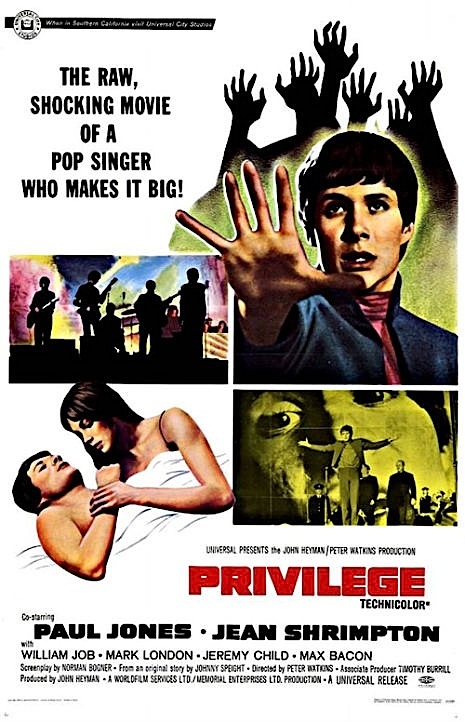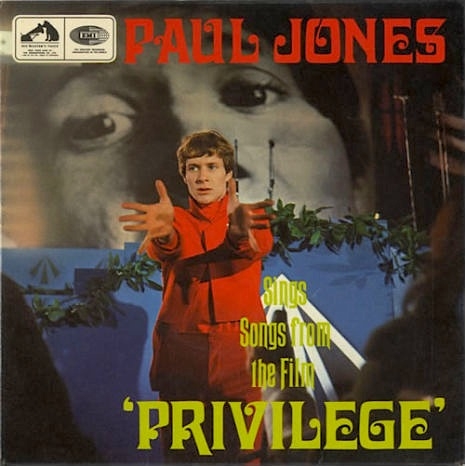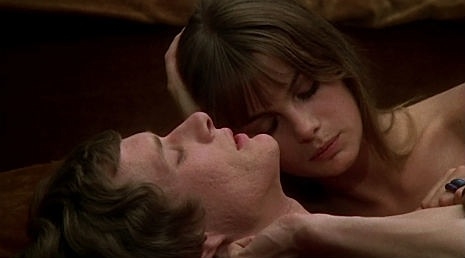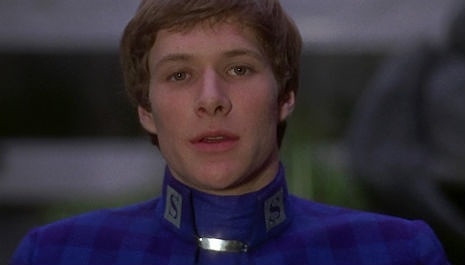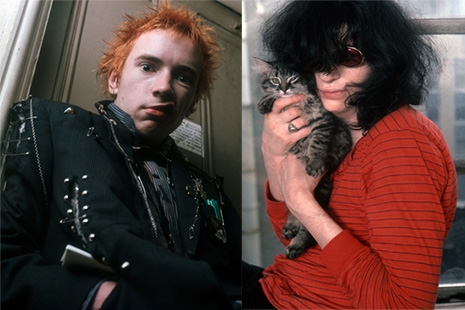
We recently wrote about Bananarama doing a pop cover of the Sex Pistols’ “No Feelings,” but that cover is absolutely full-on-raging by comparison to this:
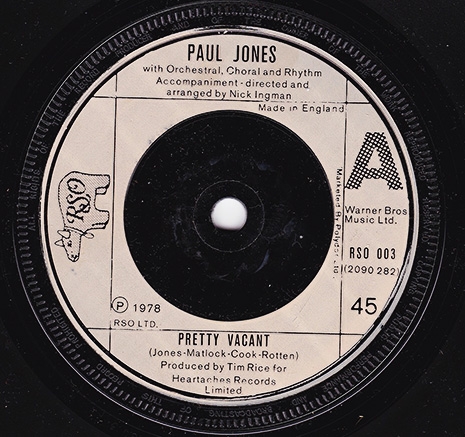
In 1978 RSO Records released this one-off single featuring ex-Manfred Mann singer, Paul Jones, crooning over adult contemporary pop arrangements of the Sex Pistols’ “Pretty Vacant” and The Ramones’ “Sheena is a Punk Rocker.” The “Radio 2 style arrangements” of these songs were considered a piss-take of the original punk motif, but hold their own as legitimate musical expressions of the light pop sound of the day. As punk may have been a reaction to the “soft rock” of the ‘70s, these Paul Jones covers can be seen as a meta “taking it back,” with tongue, we assume, planted firmly in cheek.
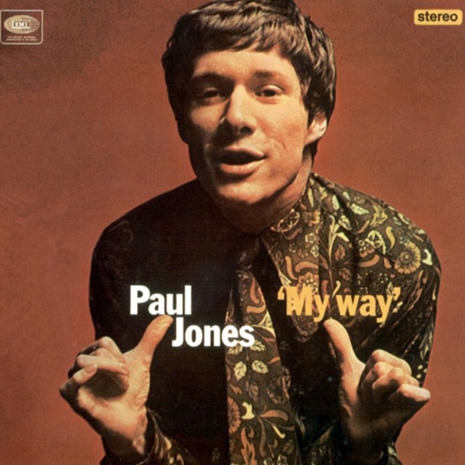
He did them HIS way.
We’re reminded of Pat Boone’s excellent 1997 album, In a Metal Mood—an artifact intended to have some fun sucking the shock out of a rough-and-tough genre, but with an end result that is interesting and well-played within it’s own musical idiom. Not merely a cranked-out goof, it’s clear a great deal of detail-oriented work went into the production of these covers, and particularly with “Pretty Vacant,” we get an insight into what great pop songsmiths the Sex Pistols actually were. One gets the feeling there’s nearly as much homage here as ballbusting.
The Ramones cover is slightly less interesting, mostly due to the sarcastic “out of touch old man” lyric changes in the intro, but the remainder of the track, especially the choruses, have a VERY late-‘70s-terrible-era Beach Boys feel. If you enjoy that sort of thing either ironically or legitimately, you may be impressed with the competence of its arrangement. “Pretty Vacant” is the hit here, though, with its James Taylor-ization of Rotten’s nihilistic lyrics.
Hear the cover versions after the jump…






